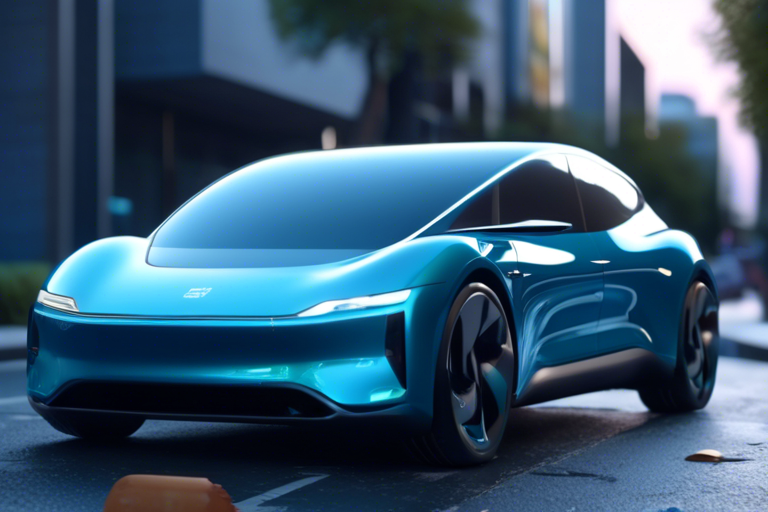The Dark Side of Clean Cars: The High Human Cost of Indonesia’s Nickel Boom
Indonesia’s nickel industry is thriving, with the metal being a crucial component in electric vehicle batteries. However, this success comes at a dark price, as workers in the factories and nearby communities face deadly consequences.
The Human Toll of Indonesia’s Nickel Processing
Working conditions in nickel smelting facilities in Indonesia are hazardous, with reports of industrial accidents causing severe injuries and fatalities. Workers are exposed to dangerous substances and face significant risks on a daily basis.
- Slag, the waste left from smelting nickel, has caused numerous incidents, including landslides, burns, and fatalities.
- Industrial accidents have been occurring repeatedly, highlighting severe safety standards in the nickel industry.
The families of victims are left to grapple with the loss of their loved ones, often receiving compensation that falls short of addressing their pain and suffering.
The Environmental Impact of Nickel Processing
Nickel processing not only poses risks to workers but also has severe environmental consequences, such as air pollution, dust emissions, and health hazards in nearby communities.
- Air pollution levels in nickel processing areas are comparable to those seen in heavily polluted cities like Beijing.
- The extraction and processing of nickel contribute to respiratory illnesses and environmental degradation in the region.
While nickel processing provides economic growth to Indonesia, the toll on the environment and public health cannot be ignored.
The Role of Auto Manufacturers in Indonesia’s Nickel Industry
Major car companies, including Tesla, BMW, and Ford, rely on Indonesian nickel for electric vehicle batteries. However, they often distance themselves from direct involvement in the supply chain, making it challenging to enforce ethical and environmental standards.
- Most auto manufacturers do not directly source materials but rely on suppliers to uphold standards.
- Alternative sources of nickel, such as Australia and Canada, face challenges in cost competitiveness compared to Indonesia.
While the transition to electric vehicles is essential for sustainability, the human and environmental costs of nickel processing cannot be overlooked. Balancing economic interests with ethical considerations remains a complex challenge for the industry.
Hot Take: Balancing Progress with Ethics in the Electric Vehicle Industry
The booming nickel industry in Indonesia fuels the global demand for electric vehicle batteries but comes at a high human and environmental cost. As consumers, it’s crucial to advocate for ethical sourcing and sustainable practices in the production of clean energy technologies. While the transition to electric vehicles offers environmental benefits, it must not come at the expense of human lives and environmental degradation. Awareness, advocacy, and collective action are essential to ensuring a sustainable and ethical future for the electric vehicle industry.





 By
By
 By
By
 By
By
 By
By
 By
By